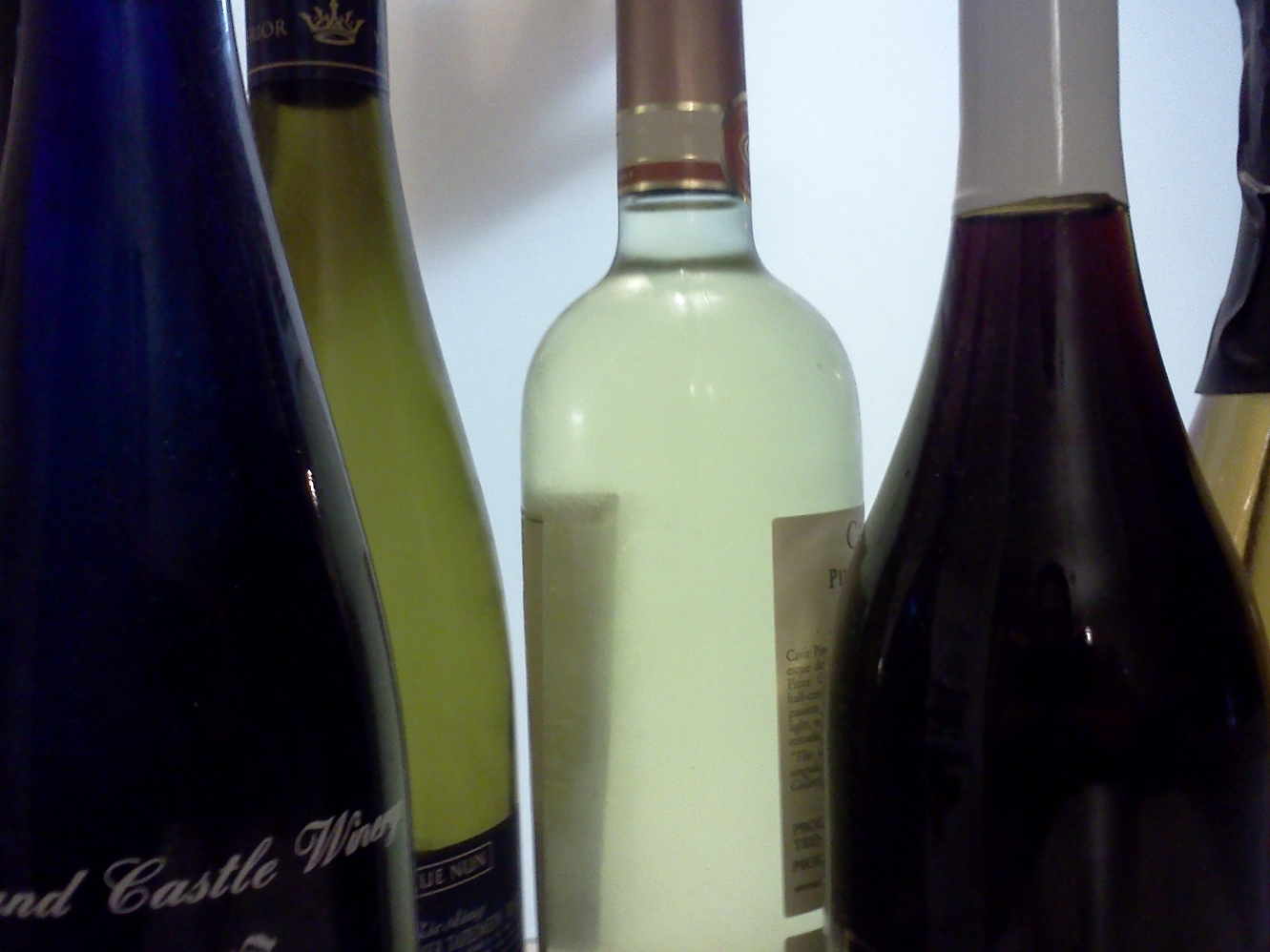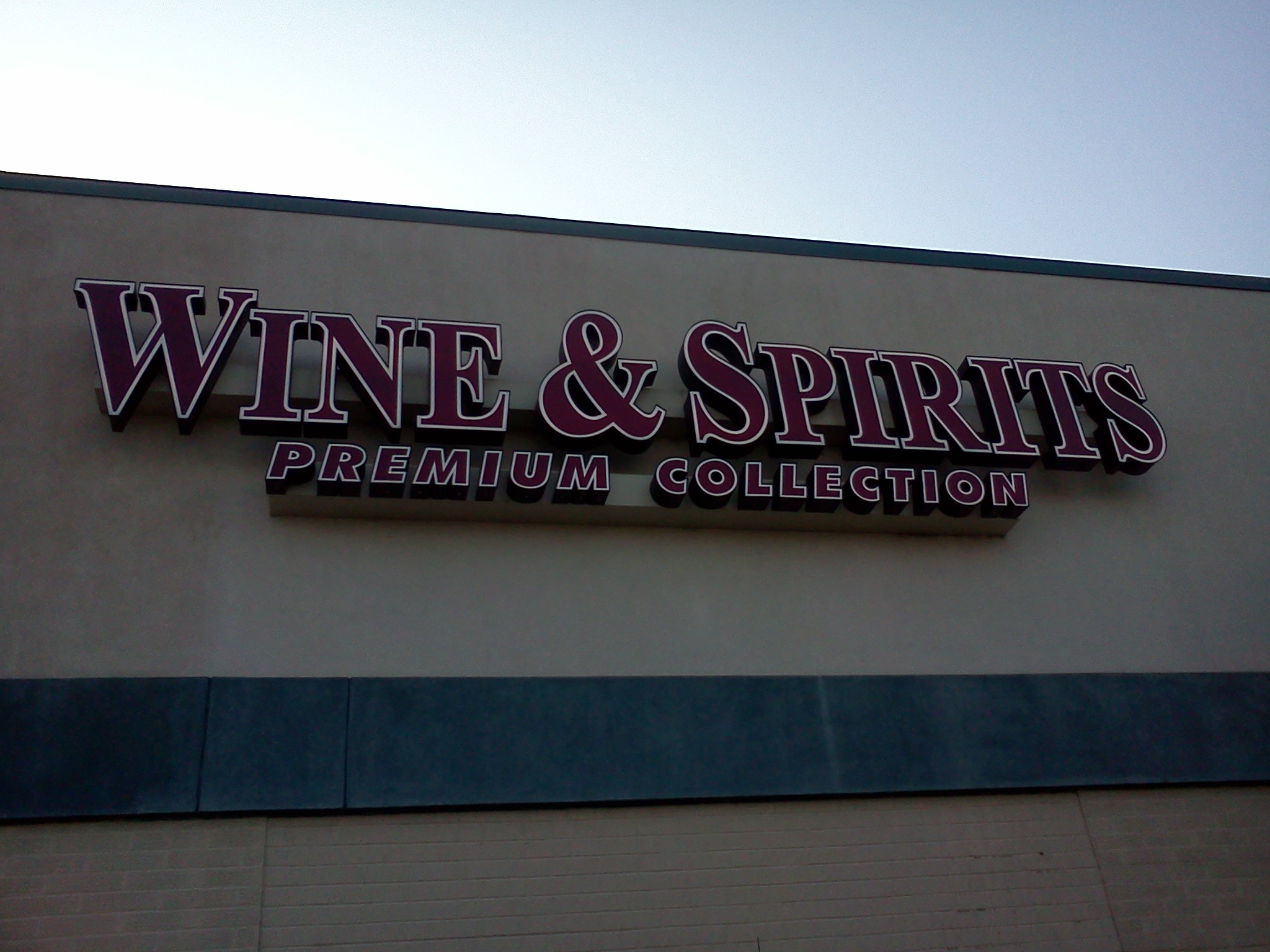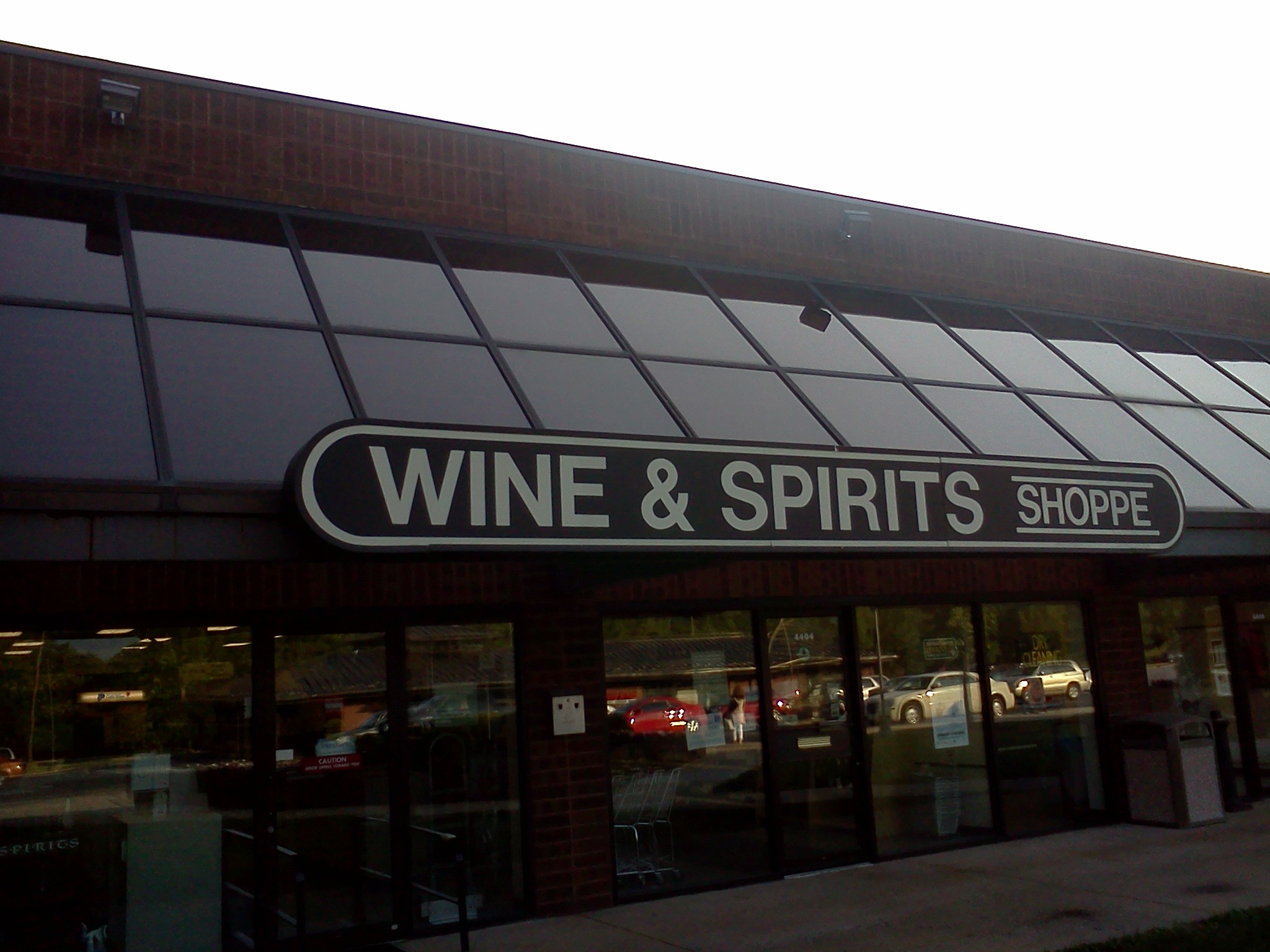Committee Amends, Advances Liquor Privatization Bill
Like the plan Governor Tom Corbett outlined in January, the amended version of HB 790 would create 1,200 new private sector wine & spirits licenses. The big change is that existing beer distributors would be given the right of first refusal.
The amended bill would also allow state-run liquor stores to stay open until the number of privately-owned license equals twice the number of state stores in a particular county. As soon as the total number of state stores falls below 100, all remaining outlets would be closed.
A limited number of grocery stores would also be allowed to purchase special wine-only licenses under the amendment that ultimately cleared the House Liquor Control Committee.
“This committee will deal with HB 790 today, after which it will go to the full House of Representatives for a debate and possible amendments, after which it will go to the Senate, after which it will probably come back to the House,” Chairman John Taylor (R-Philadelphia) said while emphasizing this is just the first step in a long legislative process.
Democrats on the committee repeatedly called for public hearings and more time to analyze the bill during some two and a half hours of debate. “I just think this is getting more confusing, instead of making it less confusing for our consumers,” said Minority Chairman Paul Costa (D-Allegheny).
Moments after the debate ended with a party-line vote of 14 – 10, Governor Tom Corbett released a statement calling it a “momentous first step.” Corbett says he will continue to work with the General Assembly to end the state’s role as the sole wholesaler and retailer of wine & spirits.
While the original Corbett plan would have potentially generated $1-billion dollars from the upfront sale of the wholesale and retail licenses, the amended bill is only expected to generate about $800-million.





